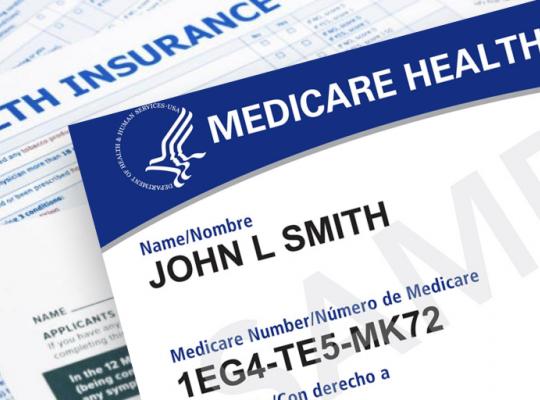Can You Have Private Insurance And Medicare?
Both Medicare and private insurance have benefits, and a lot of people believe that they need to select either one or the other. Private insurance providers sell private health insurance, and not through the government. Some types of Medicare are provided by the federal government, including Medicare Part A and Part B, which is also known as Original Medicare. Supplemental insurance is also available when it comes to Medicare plans. These supplemental insurance plans are called Medigap plans.
It is possible to have, in some cases, both private insurance and Medicare. Knowing that this is not only a possibility, but one you can do, it can be highly beneficial. First off, however, you should know what the Original Medicare plans cover.
Medicare Part A, also called hospital insurance, is available to people who meet specific requirements for it. Most people do not have to pay a monthly premium for the service, though some people do. Due to there being no monthly premium for many people, people often decide to enroll in Medicare Part A even if they have an employer-based insurance policy they are using.
Medicare Part B is the medical insurance portion of Original Medicare. In most cases, people do not pay a monthly premium on this type of insurance. Additionally, many people are still covered by an employer when they turn 65 or if they are eligible for Medicare Part B for other reasons. Some people do have other health insurance when they become eligible for Medicare as well. People may choose not to get Medicare Part B if they are already covered by any of these types of health insurance policies.
Private Insurance And Medicare: An Overview
As age 65 approaches, the Initial Enrollment Period for Medicare will begin. This happens three months before a person’s 65th birthday party and ends at three months after. People who do not get Medicare coverage during this enrollment period may be subject to penalties or have a lapse in their coverage. People who have eligible insurance do not have to pick up a Medicare Part B plan and can still avoid penalties if they decide to sign up at a later point. They still need to meet eligibility requirements.
The penalties that people can get by delaying or not getting Medicare insurance coverage include an increase of 10% for each year that you are eligible for Medicare Part B, but do not enroll. People who do not enroll during their initial enrollment period can only sign up for Medicare Part B during the General Enrollment, which runs from January 1 to March 31 of each year. Coverage from plans obtained in the General Enrollment Period begins in July of the enrollment year.
If You Can Have Medicare And Private Insurance, How Does That Work?
People who have their own private insurance policy, and one that meets the requirements, do not have to sign up for portions of Medicare and can join the program later on with no penalty. People who use Medicare with other types of insurance will have a primary payer that pays out claims first. The other insurance provider will be known as the second payer. This plan will apply if expenses are not covered by the primary policy.
Medicare And Private Insurance: Medicare Supplement
People who have Original Medicare plans can purchase Supplemental Insurance plans as well, also called Medigap plans. These policies will still fit into either the primary payer or first payer spot when it comes to having multiple insurance plans. The spot it is placed in will be the same as the Medicare plan. If your Medicare plan is the primary payer, the supplemental insurance will be attached to it there. If your private insurance is the primary payer, the Medigap plan will still be attached to the Medicare plan as the secondary payer.




Comments